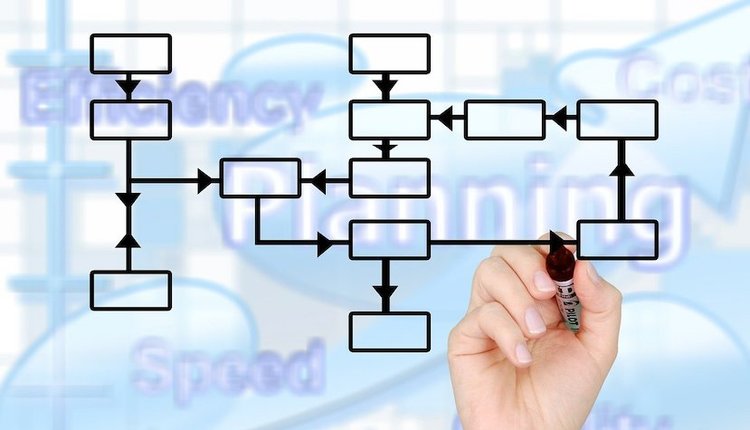
Image by: Anetlanda, ©2016 Getty Images
When people start to think that a document is virtually any kind of Windows file on a network or when they realize that most files must have some sort of processing, then life begins to look frightening. Many people still associate the word "document" to paper and think, “Ho, I do not use paper anymore, so this document management thing is not for me.” Yes, there is a strong prejudice in the market in what concerns a “document,” and those people who do not see the big picture are heading for some nasty weather ahead. Not seeing the big picture, or not even making an effort to understand what the big picture is, is already an attitude problem.
The attitude problem may start at the top. Because the top sets the example, there is a good probability it is mimicked down the management ladder and to individual employees. One of the most common attitudes from a chief executive officer (CEO), even if he/she recognizes the difficulty of managing documents at all is, “Document management? I’ll have my VP of Operations take care of it.” So, the CEO sends a memo to the VP saying something like, “Frank, could you please look into this matter of document management? We need to do something about it.” Attitude, or the lack of it, starts here.
At the end of the day, it is the CEO’s responsibility to ensure the company is the most profitable it can be; hence, it would be sensible for him/her to spend one hour learning about documents and why companies waste a huge amount of resources dealing with them. Just dropping a subject that is unknown to him/her down the ladder is definitely not a best practice.
Frank, the VP, picks up the phone and calls Julian, the finance manager, confirming that he is the person who deals with the paperwork. Here, we see a slightly different angle of the attitude problem: For Frank, documents are just paper, so he talks with the bloke that handles most of the paperwork. This is wrong, since according to Gartner, only seven percent of documents are related to paper. Frank is forgetting emails, email attachments, PDFs, Excel spreadsheets, photos, videos, CAD files—well, the works.
"Document management in organizations is badly carried out because of the collective and individual attitudes toward it."
Myriam has just arrived to the company and thinks this is a good opportunity to show that she can save money. Immediately, she tells Julian that her department can do it without even buying outside software. IT will build a portal where some sort of document description, which has been recorded, will point to documents stored in some other network folders. The attitude problem here is that Myriam is not fighting for the company's best interests but for her own. The fact is that if the company accepts whatever code Myriam develops, it will be a big limitation for the company—to be independent from her if she decides to move to another company and to have the functionalities of existing software in the market, since this kind of software has existed for more than 30 years. Reinventing the wheel is always bad financial news.
This is clearly a situation where top management and a few directors should get together and analyze the real problem. Identifying the problem is the first step in order to solve it. Once this analysis has been carried out, then someone could be appointed to review potential suppliers for the solution. This approach would have been a very sound corporate attitude.
Basically, document management in organizations is badly carried out because of the collective and individual attitudes toward it. No one really knows what it is, and no one really tries to know what it is about. The same does not happen with enterprise resource planning (ERP). The fact that taxes have to be paid on time and the complexity of the legal business rules is motivation enough for companies to adopt ERP. Document management will affect subjective areas, such as customer service response, internal process time, and resource consumption. Although the impact is always very positive, because of the subjectivisms of the involved metrics, people just do not care. It is a bad attitude.
Some years back, many companies had a department handling "Organization & Methods." This department would answer to the CEO, and its impact was transversal to the company. That was a good idea. They were outsiders to every other department and were always in a position to suggest either global or departmental solutions in order to improve efficiency. Solutions did not have to imply technology; sometimes, just a change of methods or tasks would do the job.
From our family life to our professional life, the correct attitude will take us to a universe of satisfaction. Impersonating the Rolling Stones' “I can’t get no satisfaction” is a bad attitude.
Joao Penha-Lopes specializes in document management since 1998. He holds two postgraduate degrees in document management from the University Lusofona (Lisbon) and a PhD from Universidad de Alcala de Henares (Madrid) in 2013, with a thesis studying the economic benefits of electronic document management (EDM). He is an ARMA collaborator for publications and professionally acts as an advisor on critical information flows mostly for private corporations. Follow him on Twitter @JoaoPL1000.
















